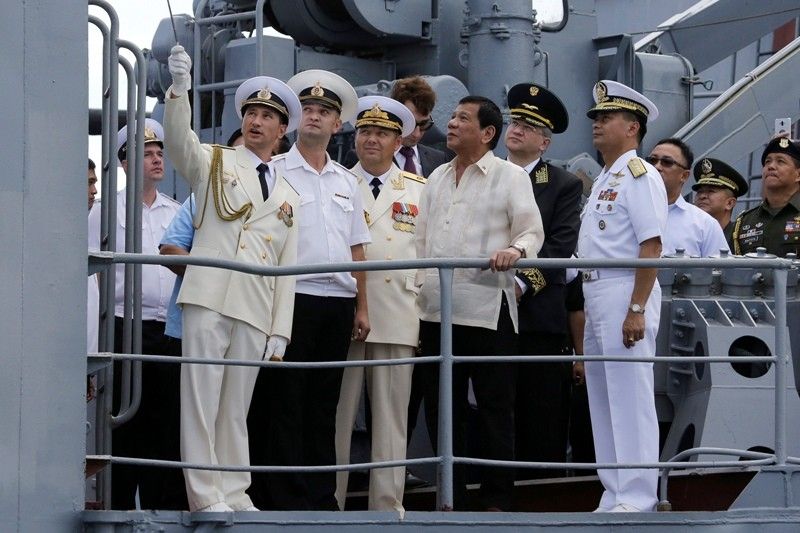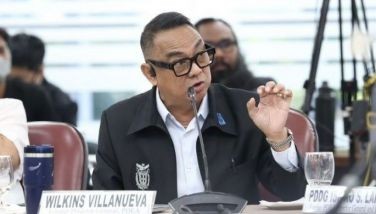Think tank: Political instability possible in Philippines


MANILA, Philippines (UPDATED 6:18 p.m.) — The likelihood that authoritarianism and political instability will grow in the Philippines this year is moderate, a New York-based think tank said.
The Council on Foreign Relations' Center for Preventive Action released its annual Preventive Priorities Survey which evaluates ongoing and potential conflicts that may occur in the coming year.
According to the survey, the risk of growing political instability and dictatorship in the Philippines, the study said, may potentially stem from opposition to the government's domestic and foreign policy agenda.
"The risk of growing authoritarianism and political instability in the Philippines and Turkey represent completely new contingencies," the report noted.
The risk of political instability in the country was dubbed to be of moderate priority, or in Tier II of concerns, for the United States.
This possible instability in the Philippines will also have moderate impact on the US, the report said.
A Harvard study defines political instability as the propensity for government collapse or failure. Slowing economies, oppressive regimes, controversial legislature and broad societal changes may also contribute to political turmoil, according to risk management firm Marsh.
Perception of government, however, has so far worked to the administration's favor, with an above 80-percent approval and trust ratings for President Rodrigo Duterte as of December.
As for the possibility of a one-man rule, Duterte has publicly toyed with the idea of proclaiming martial law several times, citing security threats due to illegal drugs and terrorism. His officials were quick to dismiss his statements as exaggerations or taken out of context.
South China Sea dispute
The Council on Foreign Relations' study also noted that the Philippines may be caught in an armed conflict in the region due to the South China Sea dispute.
"An armed confrontation over disputed maritime areas in the South China Sea between China and one or more Southeast Asian claimants — Brunei, Taiwan, Malaysia, the Philippines, or Vietnam — which draws in the United States," the report read.
The likelihood of such armed confrontation is low but the impact will be high, the think tank said.
Upon assuming office last June 30, 2016, President Rodrigo Duterte said that his administration will pivot toward a so-called "independent" foreign policy.
Since then, the president had reached out to China and Russia for possible partnerships. Duterte, however, has been hostile toward the United States, a long-time and close ally of the Philippines.
Last week, Russian Navy vessels docked at Manila South Harbor for naval exercises with the Philippine Navy.
The president himself visited Russian anti-submarine ship Admiral Tributs and told the ship's commander and crew to "come back more often."
- Latest
- Trending





























